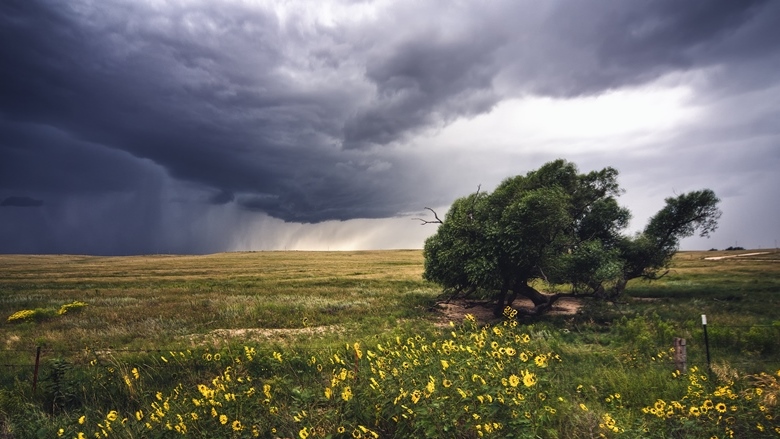The Western Balkans Climate Resilience Workshop brought together over 40 participants, from the six Western Balkans countries and four European Union (EU) Member States, as well as from the European Commission (EC), the World Bank, and other development partner organizations, to discuss actions needed to scale-up and complement current climate resilience efforts in the Western Balkans.
The Workshop deepened the regional dialogue and experience sharing initiated last year at the Western Balkans Climate Resilient Growth Roundtable, where several topics emerged as priority areas for confronting the “new climate normal" including Climate Policies and Institutions, Linkages between Climate Change and Integrated Water Resource Management, and Climate-smart Agriculture.
On these three topics, the Workshop supported experience sharing among Western Balkans countries and EU Member States, on actions to address climate change in line with EU Climate requirements. This provided the background for a broader dialogue, with the development community, to take stock of efforts by accession countries and identify further needs of integrating climate resilience in policies, institutions, and investment programs, based on adaptation priorities, EU harmonization process, and complementarity with current activities.
Read the Summary of Discussions.
